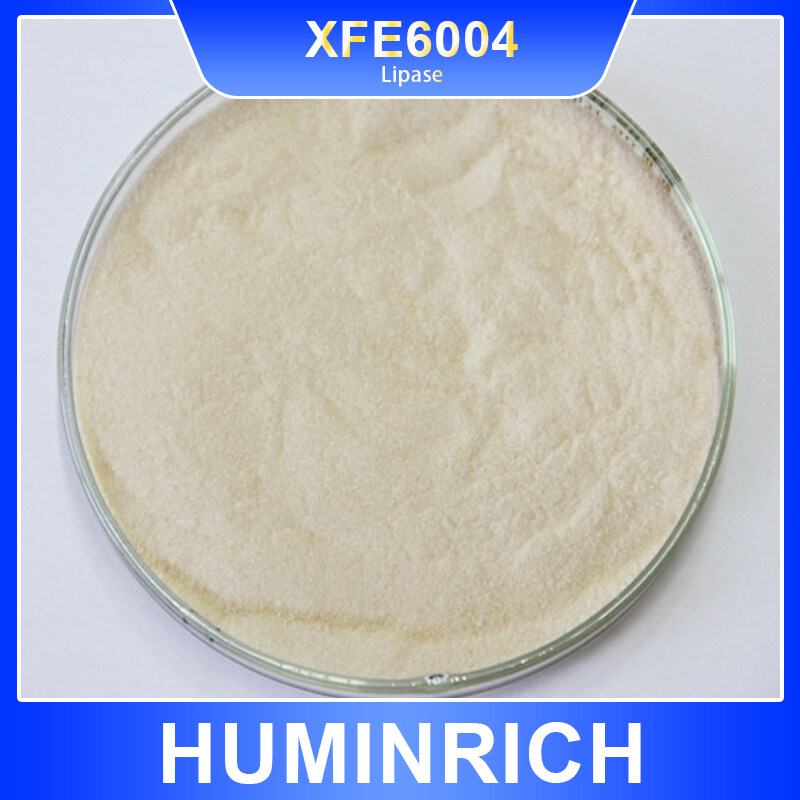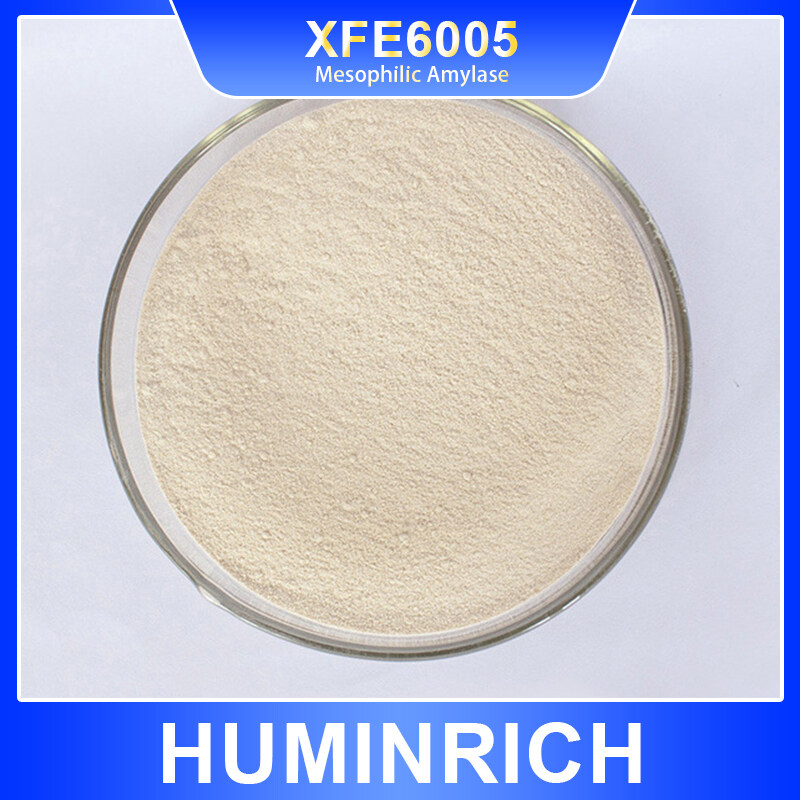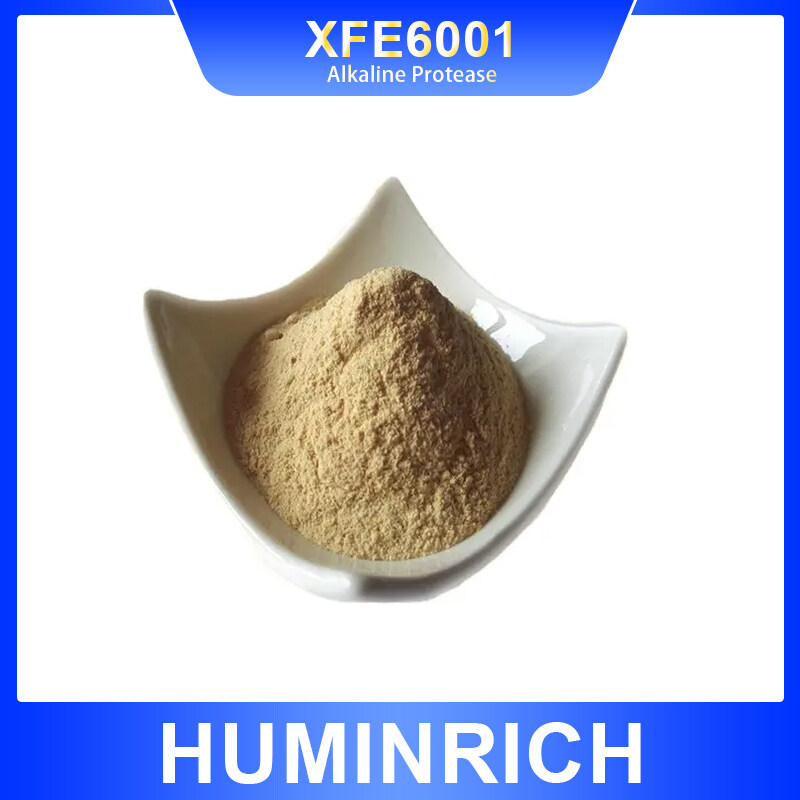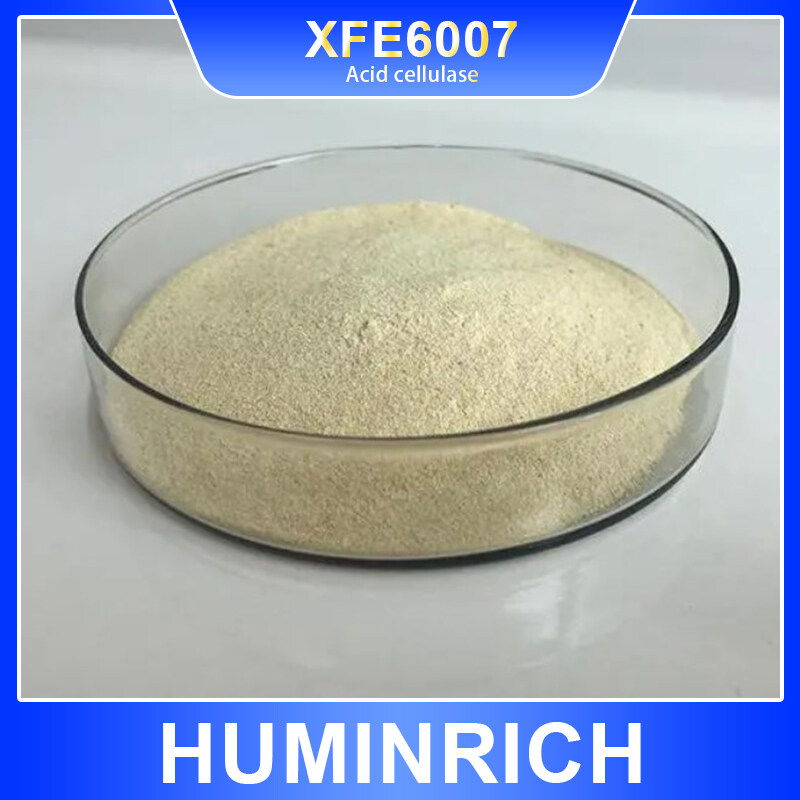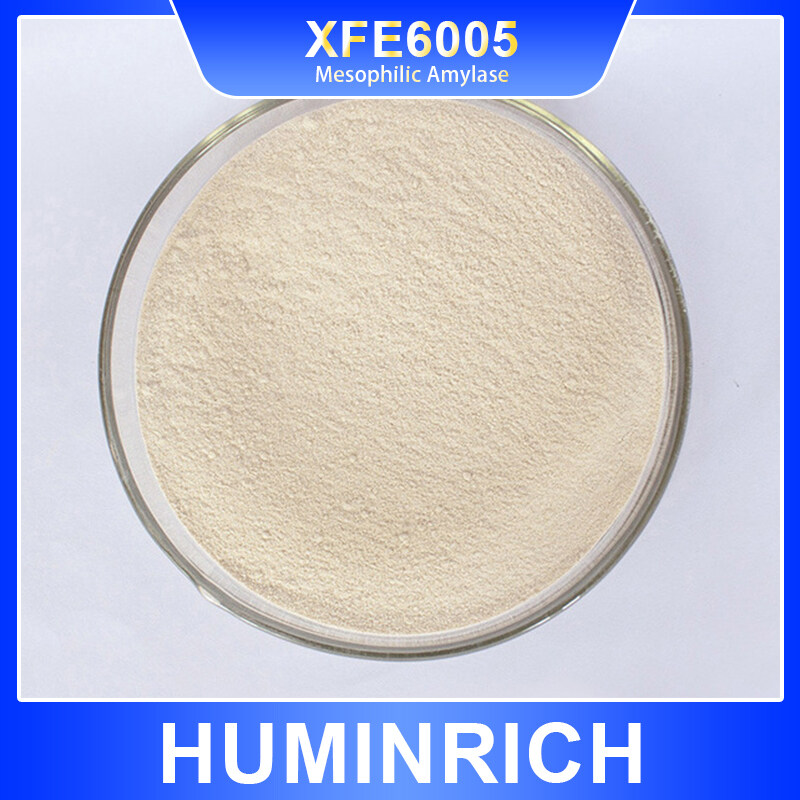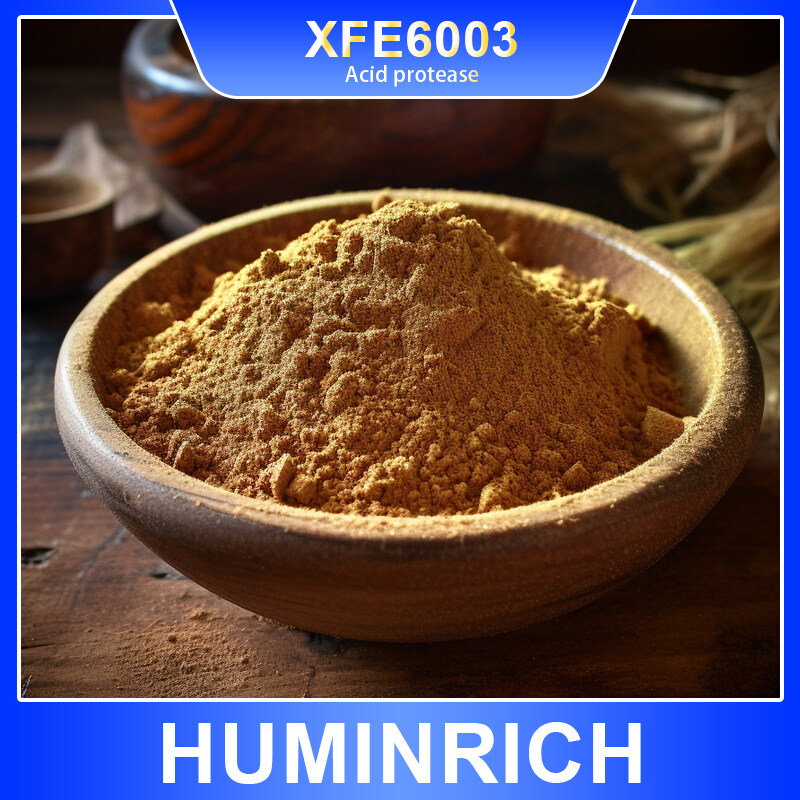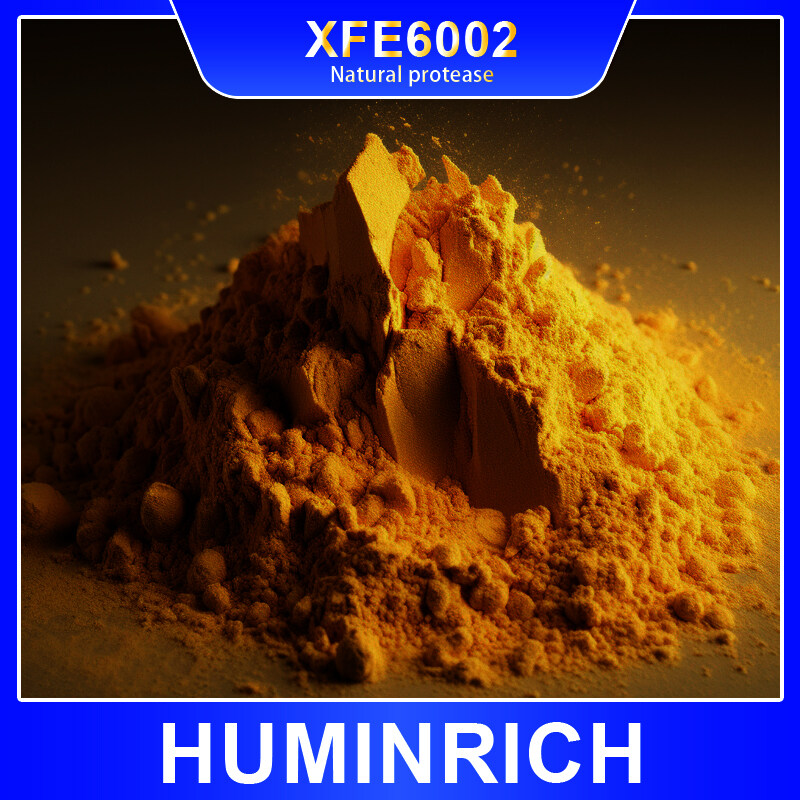Email format error
Email cannot be empty
Email already exists
6-20 characters(letters plus numbers only)
The password is inconsistent
Email format error
Email cannot be empty
Email does not exist
6-20 characters(letters plus numbers only)
The password is inconsistent
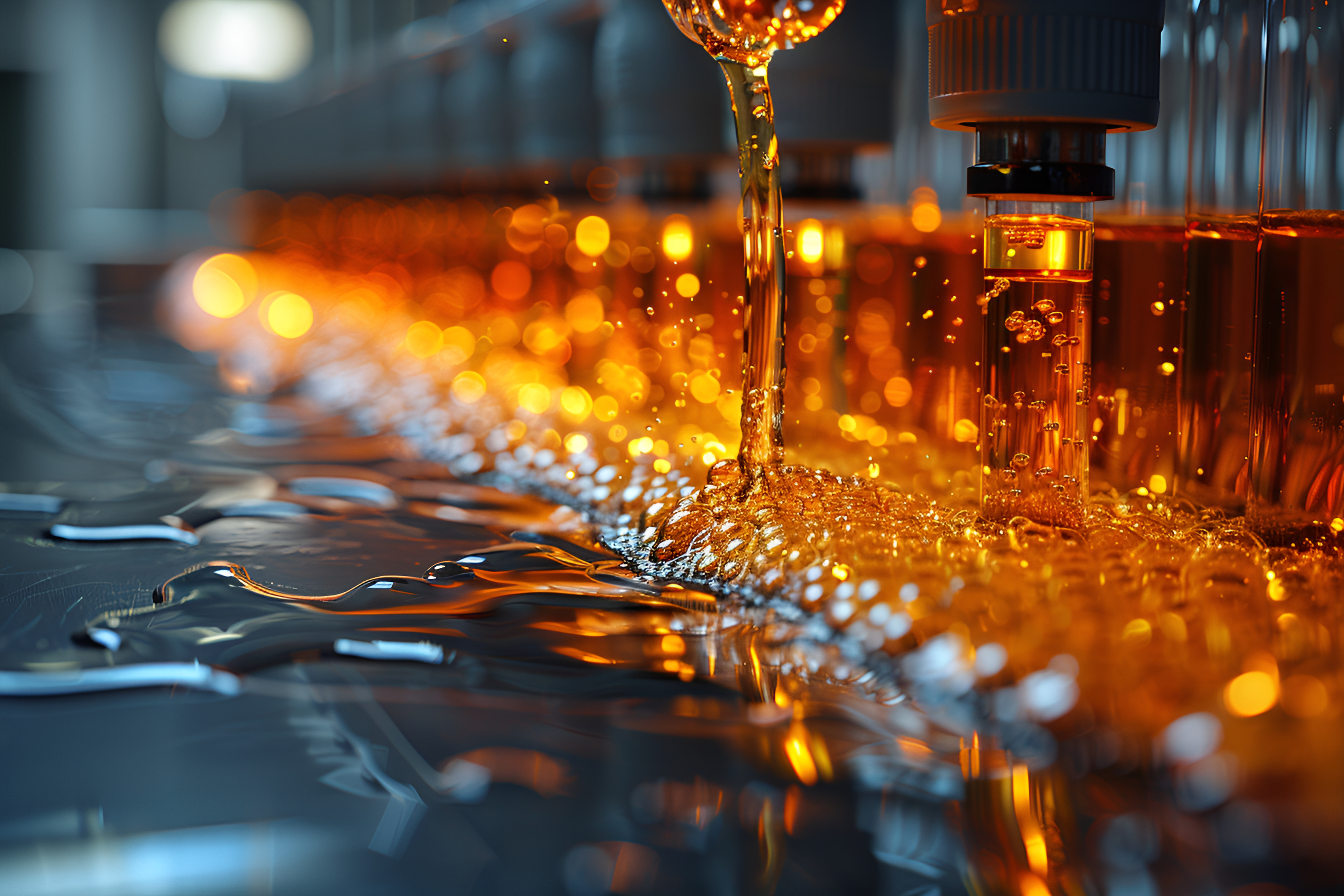
Industry Grade
Industry Grade
(7)Lipase Cas 9001-62-1
Lipase (Lipase, glyceryl ester hydrolase) belongs to the carboxyl ester hydrolase class and can gradually hydrolyze triglycerides into glycerol and fatty acids. Lipase exists in fat-containing animal, plant and microbial (such as mold, bacteria, etc.) tissues. Including phosphatase, sterolase and carboxylesterase. Fatty acids are widely used in food, medicine, leather, daily chemicals, etc. Lipase is one of the important industrial enzyme preparations. It can catalyze lipolysis, transesterification, ester synthesis and other reactions, and is widely used in oil processing, food, medicine, daily chemical and other industries. Lipases from different sources have different catalytic characteristics and catalytic activities. Among them, the large-scale production of lipases with transesterification or esterification functions for organic phase synthesis is of great significance for the enzymatic synthesis of fine chemicals and chiral compounds.
Mesophilic amylase Cas 9000-90-2
Mesophilic amylase is an important enzyme product, which is usually extracted through fermentation of microorganisms such as Bacillus subtilis. This product has the characteristics of highly efficient starch hydrolysis, and can arbitrarily cut the starch molecules from the inside into long and short short bond dextrins and a small amount of low molecular sugars, thereby rapidly reducing the viscosity of the starch slurry and achieving liquefaction.
Industrial Grade Alkaline Protease Cas 9014-01-1
Alkaline protease is a class of enzymes suitable for hydrolyzing protein peptide bonds under alkaline conditions. It is a very important class of industrial enzymes that are widely found in animals, plants and microbial organisms. It is the earliest found in pig pancreas. be found. Moreover, alkaline protease has stronger hydrolysis ability and alkali resistance than neutral protease, and has greater heat resistance.
Acid cellulase Cas 9012-54-8
Cellulases are composed of three categories: endoglucanase (C1 enzyme); exoglucanase (Cx enzyme); β-glucosidase (ßG for short), also known as cellobiohydrolase. C1-enzyme acts on the surface of insoluble cellulose to cleave the crystalline cellulose chains and free the end portions of long-chain cellulose molecules, thereby making the cellulose chains easy to hydrate. Cx-enzymes mainly include endo-β-1.4 glucanase and exo-β-1.4 glucanase, which act on cellulose catalyzed by C1-enzyme to decompose β-1.4 glycosidic bonds. The former is to cleave the β-1.4 bond from any position inside the polymer, mainly producing cellobiose, cellotriose, etc. The latter acts on low molecular weight polysaccharides to free glucose from the non-reducing end. β-Glucosidase can further decompose cellobiose, cellotriose and other low molecular weight oligosaccharides into glucose.
High Temperature Amylase Cas 9001-19-8
The product is a bacterial amylase preparation derived from Bacillus Licheniformis extract. It has good tolerance to high temperature, can be widely used in manufacture of starch sugar and alcohol, brewery, textile, dye & printing, papermaking etc.
Acid protease Cas 9025-49-4
Acid protease is a highly efficient biocatalyst whose active center usually contains acidic amino acid residues, allowing it to effectively hydrolyze proteins under low pH conditions. Acid protease is a multifunctional biological enzyme that can effectively degrade proteins and is widely used in the decomposition and extraction of proteins. As a pharmaceutical digestive aid, it can be used as a digestive aid in the medical field. In addition, acid proteases play important roles in biotechnology and food industries, including DNA/RNA extraction, food processing, and leather treatment. In cosmetics and cleaning products, acid protease is also used in exfoliating and cleansing products.
Neutral Protease Cas 9068-59-1
Neutral protease is extracted from Bacillus subtilis through fermentation. It is an endonuclease and can be used for various protein hydrolysis treatments. Under certain temperature and pH value, this product can hydrolyze macromolecular proteins into amino acids and other products. It can be widely used in the hydrolysis of animal and plant proteins to produce HAP and HVP for the production of high-end condiments and food nutrition fortifiers. In addition, it can also be used for leather depilation, softening, wool and silk degumming and other processing. Neutral protease is an endoprotease in the form of light yellow solid powder. It can decompose macromolecular proteins into polypeptides, amino acids and other products at a certain temperature and pH value. Neutral protease has the characteristics of pure natural, safe and non-toxic, strong hydrolysis ability, wide range of action, high catalytic efficiency, less environmental pollution, and specific action site.


